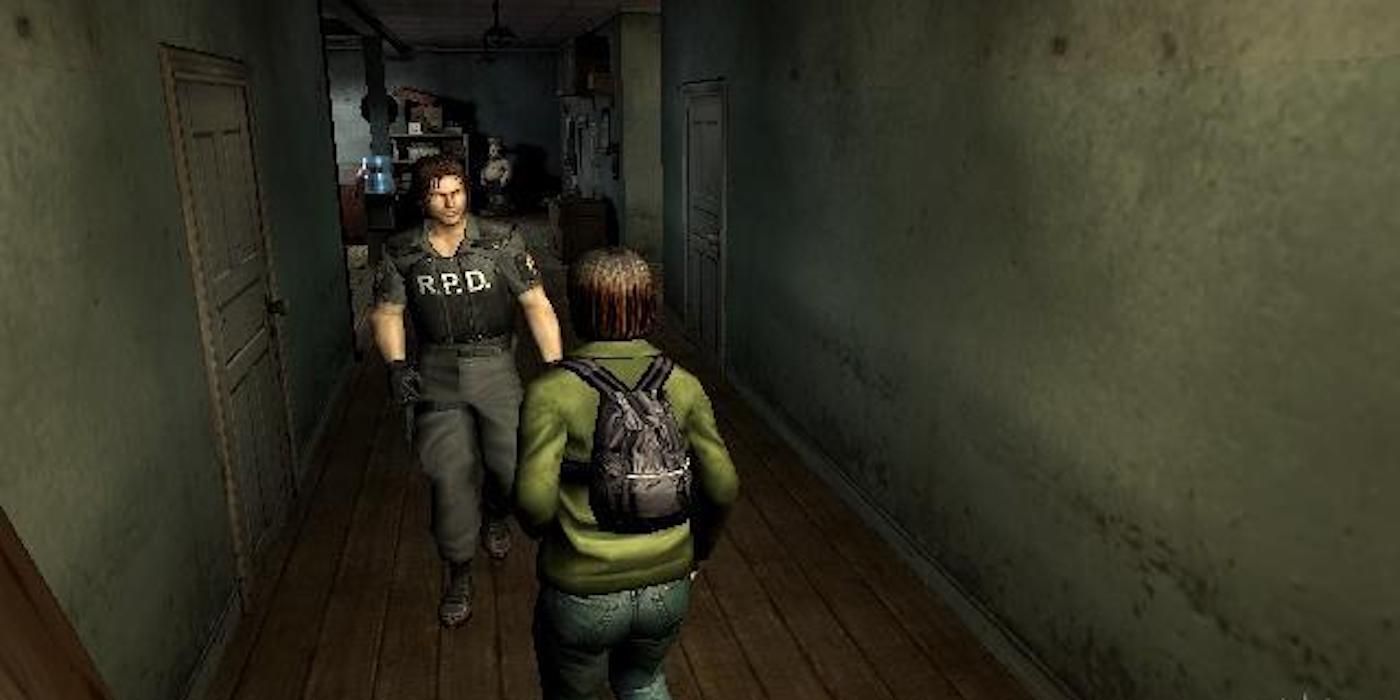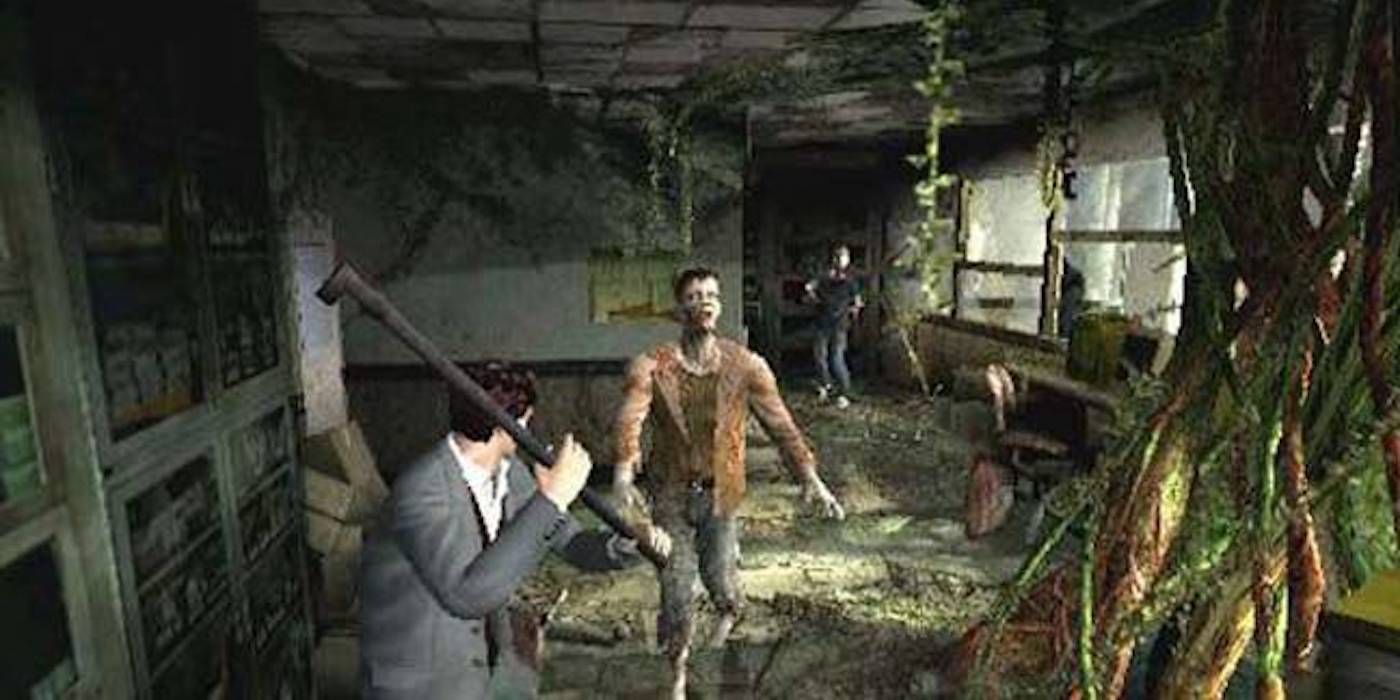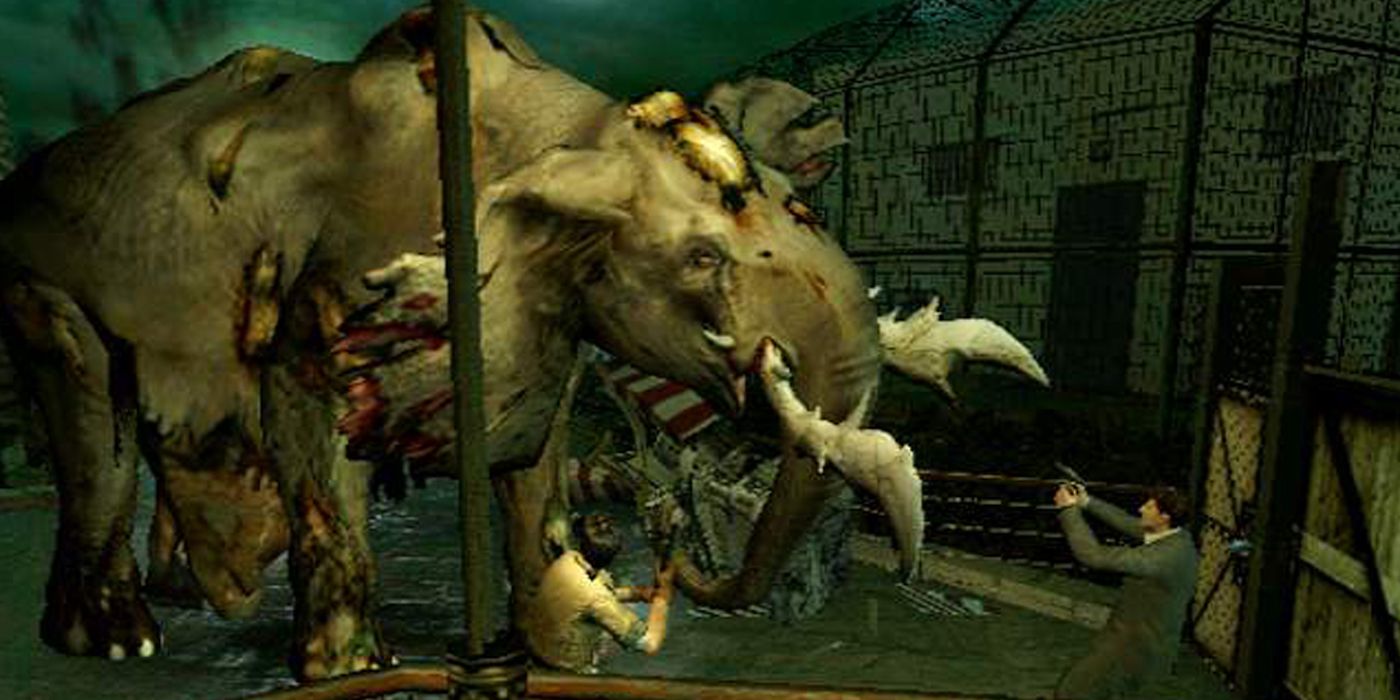It's reasonable to say that it's a great time to be a fan of the Resident Evil games. Resident Evil VII breathed new life into a franchise that had been drowning in third-person shooter repetition, and Resident Evil Village took the horror world by storm with one of the finest examples of the genre in gaming. Gamers that had never touched a Resident Evil game before flocked to these landmark titles, and experienced remakes of the series' classics along the way. Now, the critically-acclaimed 2005 title Resident Evil 4 is getting a remake, with fans rejoicing in knowing that their long-held prayers have been answered. However, one component has long been lacking from the series as of late: Its multiplayer components.
That isn't to say the publishers at Capcom haven't tried. Dating back more than a few years, titles like Resident Evil: Operation Raccoon City and Umbrella Corps failed to make an impact. Then came Resident Evil Resistance, which was packaged with Resident Evil 3 (2020), a remake of a title of the same name released in 1999. However, Resistance was plagued with inconsistent matchmaking, poorly-balanced asymmetric gameplay, and a bevy of exploits and hackers, especially when the player count began to plummet. On October 28th of this year, players will have the chance to experience Resident Evil Re:Verse. From early trailers and beta indications, this new multiplayer experience appears to feature player vs player battles where players assume the control of the franchise's heroes as well as their many villains. It's unclear as to how well this new multiplayer game will perform; but is Team Deathmatch gameplay really what fans have been asking for? Maybe big fans of "The Mercenaries" game mode, but the majority of the fanbase is still firmly rooted in the love of survival horror
Considering Capcom has been on a roll with remasters and remakes of their beloved older titles, an alternative presents itself. If Capcom were to dedicate their resources to remastering or remaking a certain series, one often requested by Resident Evil fans on social media, they could leverage a proven commodity to please those looking for online cooperative horror experiences. The game series in question is Resident Evil Outbreak, which was released worldwide in 2004, with a sequel called Outbreak: File #2 arriving in the West in 2005. Known as Biohazard Online in Japan, the title's main draw was traditional Resident Evil gameplay with a group of up to four players.
In Outbreak, players take the role of survivors inhabiting Raccoon City during the city's T-Virus outbreak, which sees monstrosities engineered by the Umbrella Corporation unleashed on the unsuspecting mountain town. Instead of a set story to follow, the Outbreak series features isolated "scenarios" taking place in different parts of Raccoon City including a bar, the city zoo, a burning hotel, the Raccoon Police Department, and multiple Umbrella Corp facilities. Players can select from eight different survivors (as well as unlockable NPCs that used their mannerisms), each with their own distinct traits. For example, Kevin Ryman, a police officer at RPD, has a faster running speed and can kick enemies while using pot shots to improve his accuracy with pistols. Meanwhile, Yoko Suzuki possesses a backpack that increases her inventory slots from four to eight, allowing her to collect more items. Other characters have more eccentric talents such as Jim Chapman, who can flip a coin in his pocket for a chance at forcing enemies to ignore him (or attack him specifically).
Outbreak features gameplay similar to the remake of the original Resident Evil, but with a cooperative aspect. Players explore scenarios, collect items, solve puzzles, and battle a variety of enemies and bosses. However, to ensure that players don't rest on their laurels, the game introduces a virus meter. This meter begins at zero and slowly ticks up towards 100%, increasing faster as players take damage. Once the meter reaches 100%, the player dies, concluding the scenario in single-player mode or resurrecting the player as a zombie in online multiplayer. Since voice chat was something of a luxury at the time, players can utilize an "ad-hoc" system, where button presses allow characters to voice contextual dialogue pertaining to their current situation. Using ad-hoc, it's also possible to call out to specific teammates or issue commands.
To complement co-op gameplay further, Capcom provided the ability to use a PS2 ethernet modem and connect to the internet via dial-up or broadband. This provided multiple avenues to connect to multiplayer instead of relying solely on one connection type. Online, players can play through each scenario in sequence or participate in a "free play" mode where they can pick specific scenarios, difficulties, and additional parameters. Because the item and enemy placement of the scenarios change with difficulty, they are considerably replayable. Furthermore, each scenario features character-specific cutscenes and "SP items" that can only be found by playing a certain character. In fact, there are online-exclusive endings to the game depending on which players are brought to the final scenario and whether they successfully cured themselves of the T-Virus.
File #2 enhances the original gameplay by introducing five additional scenarios and the ability for characters to move slowly forward or backward as they fire their weapon. The online netcode is also shored up to the best of Capcom's ability. However, even networking changes simply couldn't mitigate the fatal flaw with the Outbreak series. For the vast majority of players in the early 2000s, internet technology simply wasn't reliable enough to depend upon for console gameplay. Early dial-up and broadband connections saw sessions of Outbreak's gameplay littered with random disconnects, network lag, and considerably long loading times. While lovers of the series persevered, it wouldn't be long before Capcom would shutter the servers for File #2 in 2007. This wouldn't keep the fanbase down though, as they banded together to form Outbreak Server Resurrection in 2014, which emulated both games' online connectivity and could be played on modern hardware. The server project continues to this day, but its player base is relatively small compared to what the official servers once sported. Almost sounds like a certain company should give this beloved online series another look, shouldn't they?
It's not difficult to see that remastering games is much cheaper and safer than betting on a new title being a success. For starters, many remasters simply clean up gameplay issues and bugs while giving the graphics a high-resolution facelift. For many games that are remastered, there is also a built-in fanbase waiting in the wings for its release. Capcom wouldn't need to reinvent the wheel here, they'd simply need to make Outbreak and File #2 playable on current hardware. Upscale the visuals to 2022 standards, rework the networking aspects to accommodate modern internet hardware and ensure the ports are optimized for consoles and PCs. The Outbreak fanbase will carry these games on their back, just like they're doing now with the server revival project.
An Outbreak remaster would appease longtime fans, and it may even rope in some new-to-the-franchise fans who have only played titles like Resident Evil Village. They can get a taste of the more classical gameplay of Resident Evil before it began to go through its gameplay evolution. One could make the argument that the gameplay would seem too outdated, but prior remasters of Resident Evil (2002) and Resident Evil Zero have done well in sales, proving that the traditional gameplay holds up nicely. So what exactly does Capcom have to lose? If the remaster flops, the company will have spent a substantially lower amount of money to develop it. Additionally, dedicated Outbreak fans can simply return to the fan server project if they so choose. The risk is quite minimal, but the potential reward for Capcom is huge. They can rake in profits with one hand and polish their multiplayer bonafides with the other.
The current gaming trend of remaking and remastering classic titles won't be stopping anytime soon. Capcom is fully-invested in riding this wave as well. Considering the love and dedication the existing fanbase still has for these two online titles, it would simply be a shame to overlook them while so many Resident Evil titles are seeing a return to prominence. Resident Evil Outbreak has been buried long enough, and it's time for it to rise once again and lurk into the 2020s to show that it still has much to offer.




